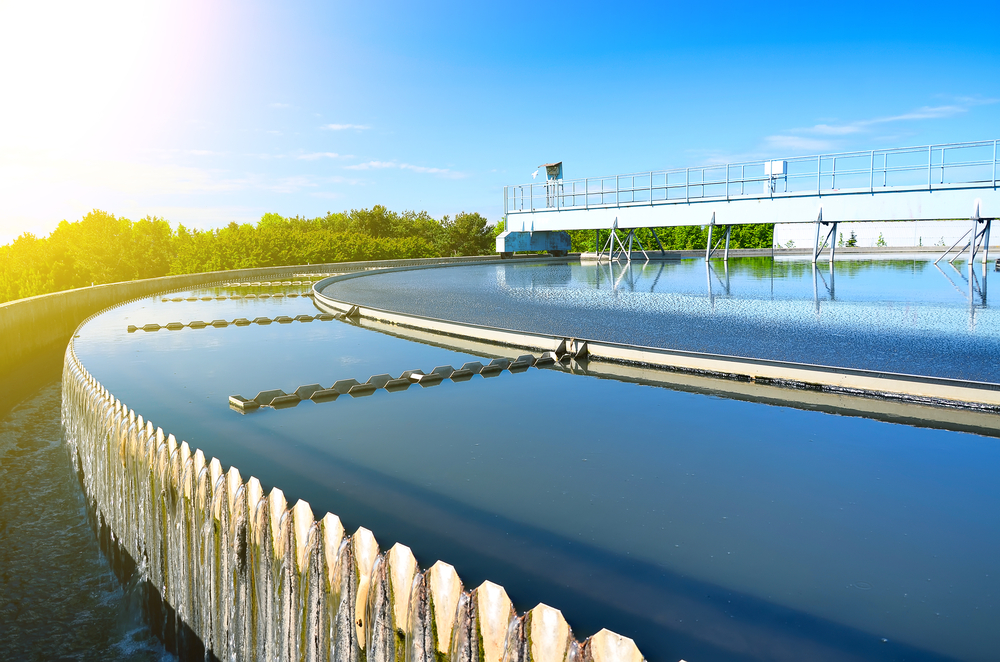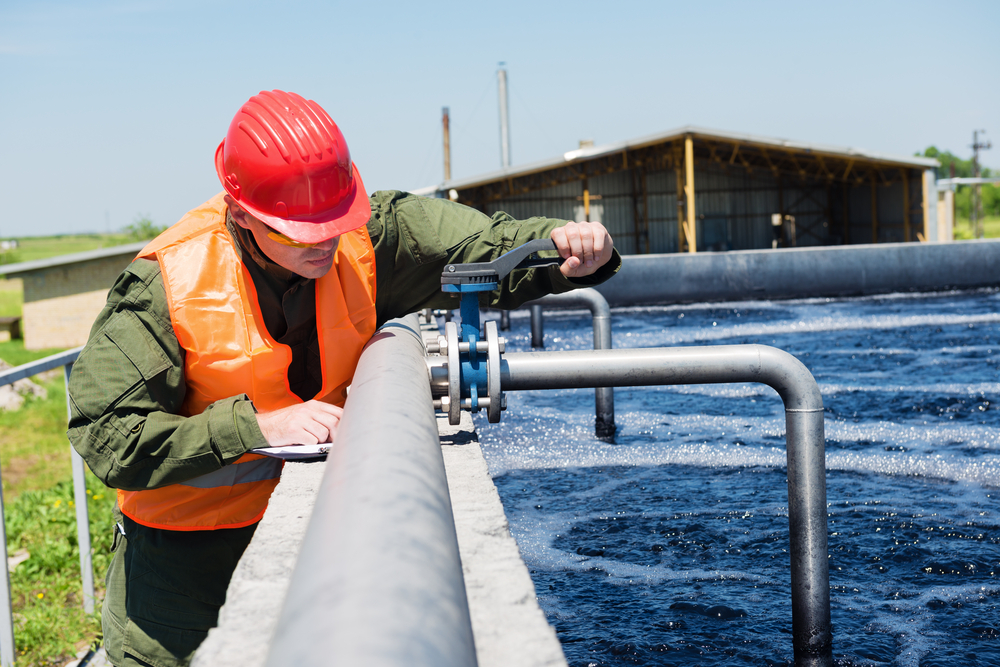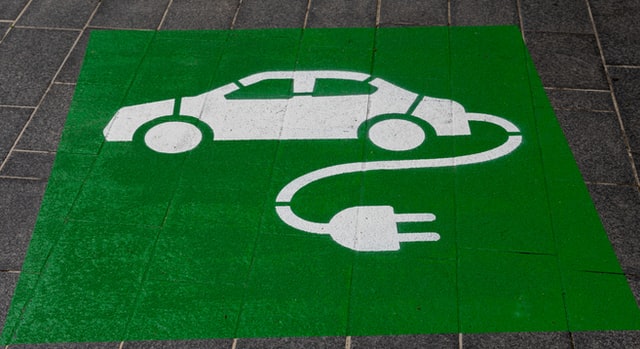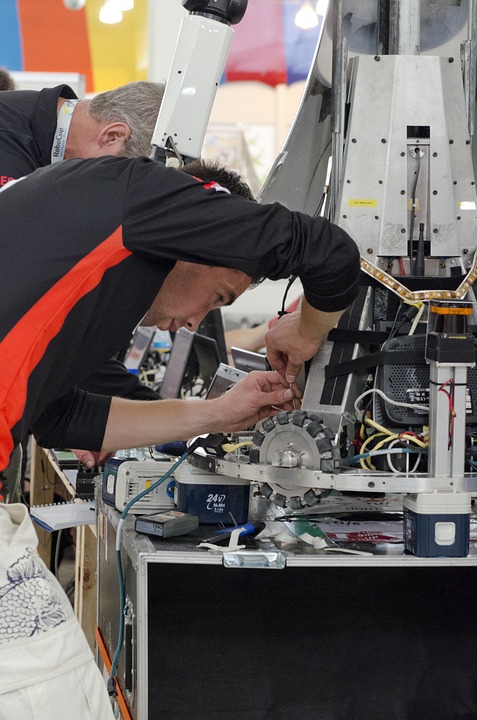

Water is undeniably essential for both living and nonliving organisms. Different industries from all over the world use tons of water in their daily processes. As a result, there are also tons of wastewater released to water systems from these industry sewages. If this wastewater goes back to our rivers, it’s going to cause tremendous harm because of the many chemicals in it. Thankfully, these wastewaters undergo industrial water treatment before releasing them back to the environment. After treatment, water can then be reused.
Wastewater Treatment: How it Works
Tons of water are used by heavy industries for their production, manufacture, cleanup, and other processes. If left untreated, this wastewater can directly affect plants, animals, people, and the environment when released.
Here’s how industries treat wastewater:
- Odor Control: Industries collect wastewater and place them in treatment plants. This water contains contaminants that create a foul odor over time. At the treatment plant, odor treatment is initiated to ensure that the surrounding places are free from this foul smell. The water is treated with chemicals to neutralize the substances that produce this foul smell.
- Screening: The next step in this treatment process is to screen the wastewater to separate large particles and other debris. The water passes through a screen that will aid in the physical separation of large objects from the water.
- Coagulation: In this next step, chemicals are added into the water, which help separate sticky particles from it. These large particles, also called sludge, will then settle at the tank’s surface. Sludge is removed using large scrapers and pumped out of the tank for added treatment. The remaining water is also pumped for the next step of the treatment.
- Filtration: Water is allowed to undergo different types of filters. These filters ensure that only pure water is left for the next process.
- Disinfection: Finally, water is collected into the disinfection tank where sodium hypochlorite and chlorine are used to destroy all harmful bacteria that cause illnesses.
Benefits of Industrial Water Treatment
Most industries are required by law to treat their wastewaters. This means that before these waters reach the rivers and other surrounding areas, it is already usable and safe for humans. Alternately, industries can reuse this treated water and conserve both money and water resources.

Here are the benefits that come with treating industrial water wastes:
- Provides Reusable Water: Immediately discarding wastewater into the environment can cause illness and harm to humans, animals, and plants. It can also be harmful to the soil, water systems, and the atmosphere. However, treatment of these wastewaters can help provide water that’s safe for human use. It can even be used by the industry to minimize their overall water consumption as this water resource is reusable. This water conservation step is, therefore, beneficial for everyone.
- Preserve the Environment: Waste from industries come with plenty of chemicals, which can be harmful and even fatal to living organisms. With industrial water treatment, these harmful chemicals are filtered and removed from the water. Not only will it be safe for human consumption, it is also safe for use in plants and the environment.
- Prevents Diseases: Dirty water can be a major source of illnesses. If industries accidentally release wastewater into the environment, it can certainly be a source of a host of diseases, which can significantly affect all living organisms.
- Supports the Economy: A lot of money is spent in addressing and preventing pollution. Imagine how much money the government will need to spend if wastewater could directly flow into the rivers. Because of its harm to the environment, animals, plants, and people will get sick. The government will also need money for cleaning up everything that wastewater has contaminated. But when industries treat their wastewaters, this disadvantage is eliminated.
- Provides a Source of Energy: Because water can be used to produce electricity, treating wastewater can help provide a renewable source of energy. An industrial water treatment plant can even be designed to run using this power source. Otherwise, this clean water can be used for other processes.
Final Thoughts
Wastewater treatment involves different processes, including biological, chemical, and physical processes to remove harmful contaminants from water, making it safe again for consumption. Because water is scare in other places in the world, the government is always looking for different ways to treat wastewater from various industries. Industrial water treatment systems are, therefore, crucial in helping industries and the government protect the overall well-being of the environment while also producing water that’s safe and reusable.



